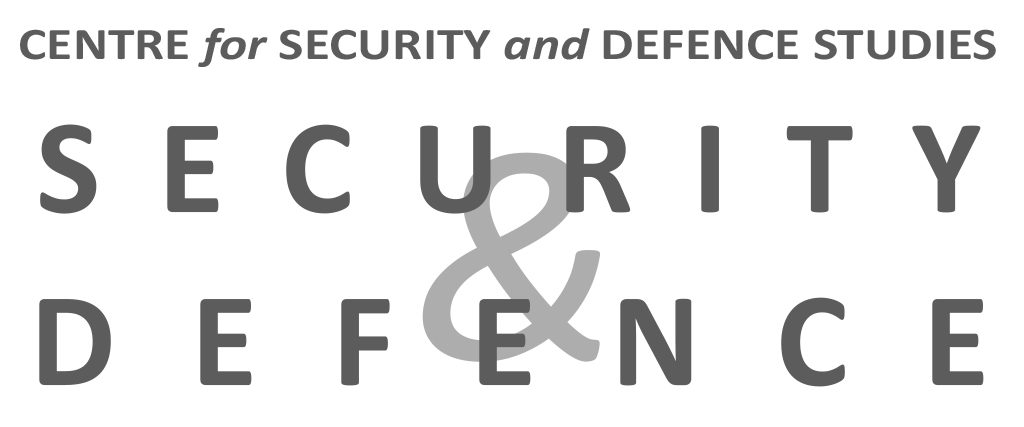
From a historical perspective, the United States’ security engagement on the African continent has been limited, and the Sahel is no exception. This region has nonetheless gained in importance from 2002 onwards in the context of the global war on terror. The United States has strengthened its bilateral cooperation in the region and, following the Malian conflict in 2012 and the French intervention from 2013 onwards, the American presence has increased further, particularly in Niger. Since 2018, the international strategic competition with China and Russia as well as the erosion of the fight against terrorism have prompted the United States to favour bilateral cooperation as a means of distinguishing itself from its international competitors. On the other hand, the ineffectiveness of the war on terror within the G5 Sahel member states, the geographical spread of violence, regional security deterioration, the withdrawal of French troops and current national events in Mali, Burkina Faso and Chad are all factors likely to reshape US security policy in the Sahel and alter regional dynamics.
Download the Focus Paper 44(Only available in French)
Research lines: Transatlantic relations ; Sahel and Sub-Saharan Africa
Source photo: Spc. Zayid Ballesteros, AFRICOM Images, Diffa, Niger, 11 March 2017

Focus Paper 44
La politique sécuritaire des États-Unis au Sahel de 1990 à nos jours :
un engagement indirect, graduel et ambivalent
Polyvios CHRISTODOULOU
